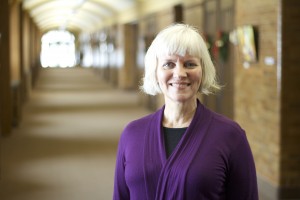 Wendy Kroeker, Instructor in Peace and Conflict Transformation Studies and Co-Director of the Canadian School of Peacebuilding, has taught at CMU since 2011.
Wendy Kroeker, Instructor in Peace and Conflict Transformation Studies and Co-Director of the Canadian School of Peacebuilding, has taught at CMU since 2011.
What do you love about your work here?
Working at CMU gives us the opportunity to get to know students over a period of time, interacting with them during significant moments of life decision-making. Watching them take opportunities to engage in community events and issues gives me hope for the world.
What are you teaching right now that you’re most excited about?
This past semester, I taught an upper level PACTS course called Cultures of Violence, Cultures of Peace. I wanted to find ways for students to begin to love and appreciate theory. I’m thrilled if I’ve been part of inspiring an activist or the heart of an activist in someone, but as someone who’s doing my own academic work and working in an academic institution, I do want to excite students about theory. If we aren’t grounding ourselves in really thinking through things substantially, how do we move into meaningful action?
What are you researching and writing?
I am currently working on my PhD dissertation. I’m using the Philippines as a case study. I interviewed 36 Filipinos who are deeply engaged in peacebuilding, who come from highly colonial, conflict-impacted trauma environments, and I’m trying to honour their stories by creating some theory out of the patterns of what I’m hearing from them. Although I’m using the Philippines as my case study right now, I will eventually turn the findings from this dissertation project into looking at our Canadian context, and how the learnings from courageous local peacebuilders in the Philippines might lead to creative ways in which we can follow the Truth and Reconciliation Commission’s calls for action.
Where or how do students give you hope?
In November, a group of students went to a Standing Rock protest at Portage and Main. At a certain moment, they all went over the barricades and shut down Portage and Main at rush hour. One student spoke about her experience in chapel. Hearing her talk about moving over the barricades and realizing her own agency—that gave me some hope. It shows me that the things we talk about in class are moving deeper than the surface.
What do you most long for in your work?
I want students to look for opportunities and possibilities where they won’t just be bystanders, but upstanders – people who see a wrong and act upon it. They may not be at Portage and Main, but I want everyone to see possible ways of honouring the dignity and integrity of each person around them and see that there’s some way they can stand with people.
Do you have any interesting projects underway in the broader community or church?
Clairissa Kelly and I have begun a series of exchanges between my students and students in the Peguis Post-Secondary Transition Program. Clairissa and I have committed ourselves to thinking through how we can find ways to, with students, take steps of reconciliation. I invited the Peguis group to join the intro PACTS class in doing the blanket exercise, an interactive learning experience that teaches little-known indigenous rights history. Afterward, one of the participants shared about community experiences of residential schools. Her openness was a gift to all of us around the circle. That was a profound moment.

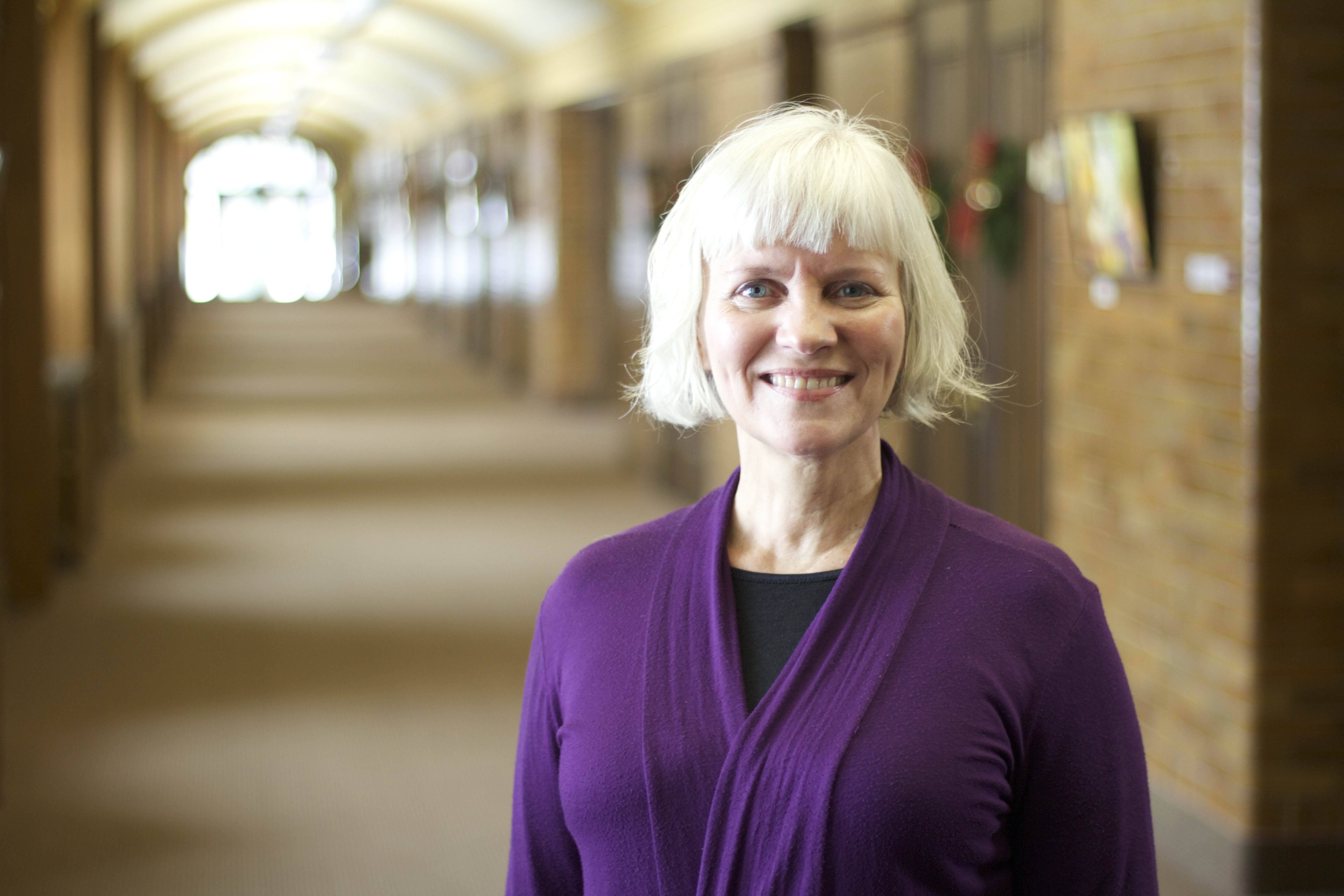
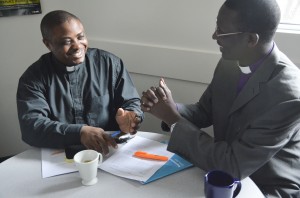
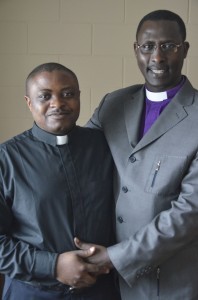
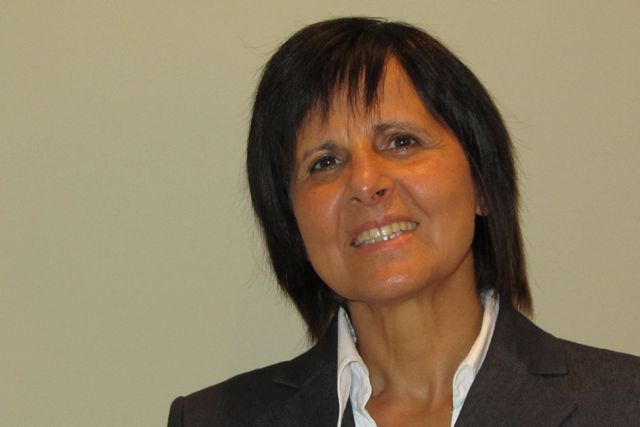
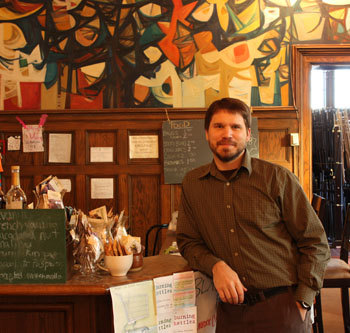
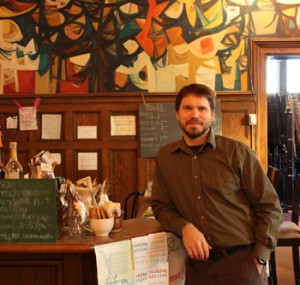 Jarem Sawatsky
Jarem Sawatsky